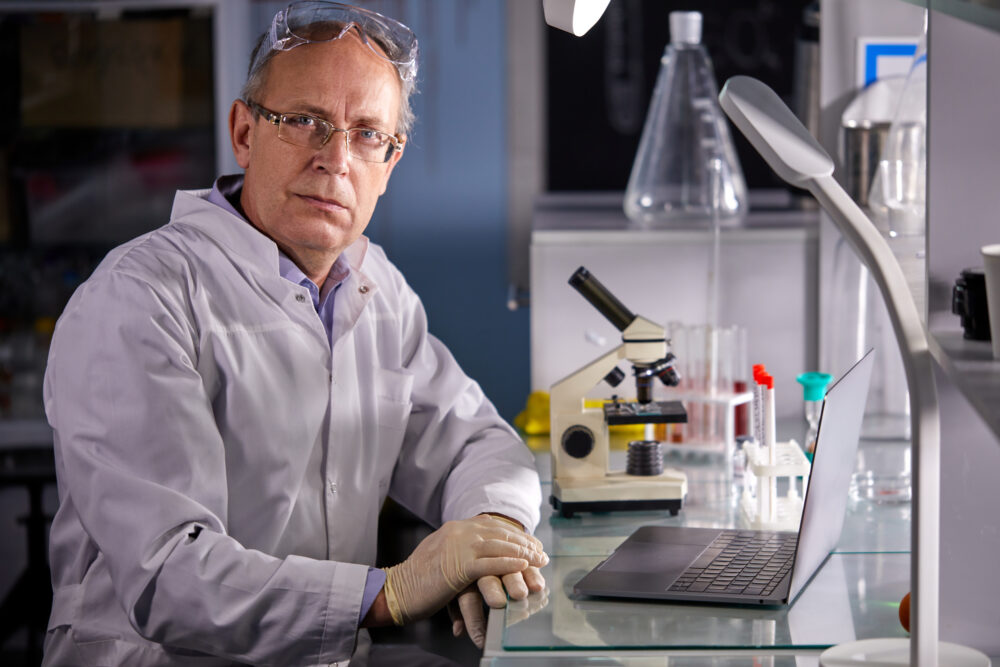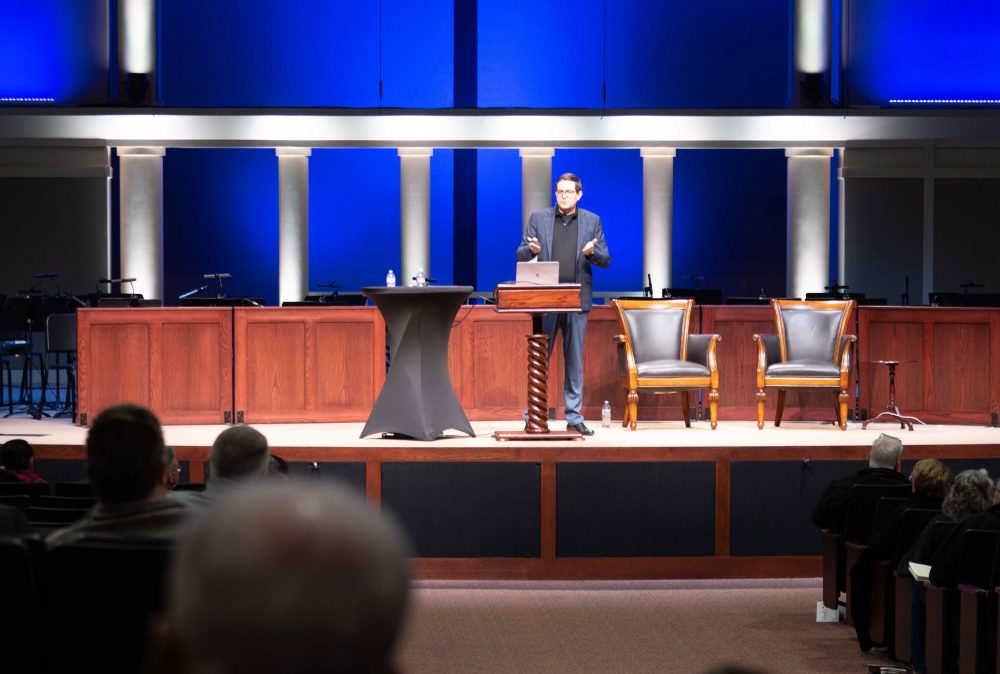


A Tale of Two Doctors: Finding Purpose in Medicine and Science

Can Meaning and Purpose Emerge From a Darwinian Process?

How the Arts and Sciences Reveal the Genius of Nature

A Cosmos Charged With Meaning and Purpose

How Modern Physics Reveals Purpose in the Universe

Is a New Design-Based Paradigm of Biology Emerging?

Casey Luskin Talks Intelligent Design and Cultural Renewal on the Dr. Jeff Show

Michael Behe: Evolution, Devolution, Design
Today’s ID the Future features three recent Evolution News essays by Lehigh University biology professor and Darwin Devolves author Michael Behe, as read by host Andrew McDiarmid. In the first, nothing shows the feebleness of Darwinism quite so much as breathless stories about new results that turn out to be much ado about nothing. In this case, it’s some recent speculation about the rise of “lactase persistence” in many human adults. Then it’s onto malaria, much beloved of evolutionists, not for its lethality but as a demonstration of evolution in action. But Behe dissects the latest news story on the topic to show that the touted malaria evolution is, once again, malaria gnawing off the proverbial leg to achieve a Read More ›

Brian Miller: The Surprising Relevance of Engineering in Biology
Today’s ID the Future brings listeners physicist and engineer Brian Miller’s recent lecture at the Dallas Conference on Science and Faith, “The Surprising Relevance of Engineering in Biology.” Miller rebuts several popular arguments for evolution based on claims of poor design in living systems, everything from the “backward wiring” of the vertebrate eye to whales, wrists, ankles, and “junk DNA.” But the main emphasis of this discussion is the exciting sea change in biology in which numerous breakthroughs are occurring by scientists who are treating living systems and subsystems as if they are optimally engineered systems. Some in this movement reject intelligent design for ideological reasons. Others embrace it. But all systems biologists treat these systems as if they are masterfully engineered Read More ›